
Do your big career dreams feel like a distant memory?
Sick of struggling alone, feeling lost and overwhelmed, exhausted and just…done?
I get it, I’ve been there and I’m here to help
My name’s Leah and welcome to Searching for Serenity
As featured in: (pro tip, click the icon to see more of my work!)
What is burnout?
Burnout is a syndrome that develops from chronic workplace stress that hasn’t been successfully managed. In short; it means you care deeply and have given too much for too long. The good news is that it is reversible and you don’t have to keep struggling alone with it.
What about imposter syndrome?
This is the pervasive underlying belief that your achievements are not your own, that you don’t fit in and that, if people knew the real you, you would be asked to leave or ‘found out’. If you have ever felt like you are looking over your shoulder at work, denied that you were responsible for a big win and put it down to luck or felt ‘if only you knew who much I’m flying by the seat of my pants’ then you’ve experienced imposter syndrome.
Why do you focus on burnout, imposter syndrome AND stress and resilience. Shouldn’t you just do one thing?
I combine all of these things (together along with time management, stress management, how to manage people and about 100 other mini topics) because they are so interlinked. I have yet to meet someone struggling with burnout who isn’t also stressed (it’s there in the definition of burnout!) who couldn’t do with some help with resilience (resilience is the antidote to stress in many cases) and who hasn’t had thoughts of ‘I don’t fit in, I don’t belong here’.
Stress, resilience and imposter syndrome all play a part in burnout which forms the chronic end of the stress and overwork spectrum. Almost all of us fall somewhere along that spectrum and my goal is to provide the knowledge, training and support to prevent others from hurtling headlong into full on burnout, but you can read more about my story here
Burnout is different for everyone,
where do you want to go from here?
By this point, I don’t think anyone needs me to point out that life, work and the combination thereof are pretty stressful. Whether we’re talking home schooling, remote working (and never ending connection problems), being isolated from our friends and family, financial instability, furlough or sky high caseloads, we are experiencing more stress and more stressors than ever before.
However, the way we respond to these stressors has changed over the past year. Unfortunately burnout can be even tougher to spot from a distance. Here are some of the more subtle, and surprising, signs of burnout that you can look for in even the most remote of workers.
Earlier this week I had a conversation with an old friend. We’ve known each other for a long time; since before I qualified as a solicitor, before I even knew what burnout meant. She’s an NHS worker which so many of us know means overworked, underpaid, exposed to almost unimaginable levels of stress, both in the structure and content of the work she does.
She said this single sentence that prompted an outpouring of a response in me, because it’s a phrase I hear weekly, if not daily. It’s the most common issue I come up against with my clients and it’s this:
‘I know I have major burnout, but I can’t take time off, I can’t do it to my colleagues who are also struggling’.
God.
It kills me every single time.
So you think you might be struggling with burnout, either way you know you’re exhausted and overworked and the question is, what do you do next?
After experiencing burnout myself and now more than four years working with clients from all across the white (and sometimes blue) collar professions, both in the UK and further afield, there are a couple of key steps that almost everyone goes through before they accept that yes, they have burnout and no, it won’t get magically better on it’s own or with that one simple change that every spam advert on Instagram recommends.
In an effort to try and help you move from overwhelm and exhaustion to real sustainability and enjoyability at work, here are four of the most common burnout fixes that just don’t work (and yes, I’ve been there, got the t-shirt and am here to help you save the time and pain of making the same mistakes!)
If there’s one conversation I would love to have become extinct, it’s the conversation about ‘being on the verge of burnout’. Every single person I have spoken to, who believes themselves to be on the verge of burnout, is, on further discussion, deep into a life of habitualised burnout.
We think of burnout as being the end point in the destination, that there is some kind firework explosion, that a brass band plays when we tip over into burnout, but the truth of it, there is no ‘Welcome to Burnout’ sign at the end of the motorway. It’s more like a border you expect to be straight, but actually wiggles back and forth along the map. Most of us play hokey-cokey with burnout, dipping into it’s worst facets and then taking a step back and rationalising that it will all be ok, even whilst we know we’re struggling.
Shame shuts us down.
It stops us doing all of the things that could and would help us.
Reaching out to friends.
Telling our boss we’re struggling.
Taking care of ourselves first.
Taking a break, short or long.
Asking for help.
Because shame tells us that not only are we terrible, should have done it earlier etc etc, but it tells us that we’re bad. That it’s our fault, no-one else’s. That no-one wants to deal with our bullshit. That we’re selfish and immature and ridiculous for struggling like this.
It’s shame, piled on top of our insecurities, on top of a bedrock of fear.
burnout was my addiction.
Overworking was my way to manage anxiety. It was my self-soother and my self-harmer.
My chronically over-developed fight or flight response dovetailed beautifully with a never-off, always thinking, always overworking mindset, and I channelled the adrenaline and cortisol constantly pumping through my body thanks to years of trauma, into swinging through the monkey bars, working 12 hour days as standard, one day or less off each week.
And much like any other chronic over-achiever and self-starter, I was rewarded for it.
Make sure to read right through to the end for the accountability and twist in the tail, ok?
From the very earliest days of my business I have heard one phrase more than just about any other. It’s something you’ve said yourself, probably almost daily, for years now. Want to know what it is?
‘I just don’t have time!’
I’m going to call bullshit on this one. You do.
You know how I know that?
Earlier this week I shared a post on Linkedin about primary stressors; I forgot to share the follow up resources in the comments and froze.
As the world seemed to slow down at the end of March, I decided to invest my time into upgrading the garden and growing all our own veg, just like my mum did. Then I got busy with work and it didn’t happen. This week I cheated and bought vegetable plants to be delivered.
I had planned to deliver the next workshop in the Grit and Resilience series this week, but then a few others things took longer than I had planned and I didn’t give myself enough to time to prepare, advertise and deliver.
I’ve been looking at redrafting the book I started last year but haven’t yet published, Burnout The User’s Guide, because boy do I know so much more than I did then, but the thought of pressing publish leaves me feeling sick with nerves, what if it’s not good enough.
Have you noticed the golden thread running through all these thoughts? The line that says ‘if it’s not perfect, you’re a failure’.
Ever experienced the dreaded brain fog?
For those of you unfamiliar, it’s a state of exhaustion similar to being hungover or sleep deprived, but primarily related to your brain rather than your body. You may struggle with information processing, logic sorting, spatial awareness and more.
Here’s an example.
Ever heard of the word aphasia? It’s ok, most mental capacity lawyers don’t know it either 🤣


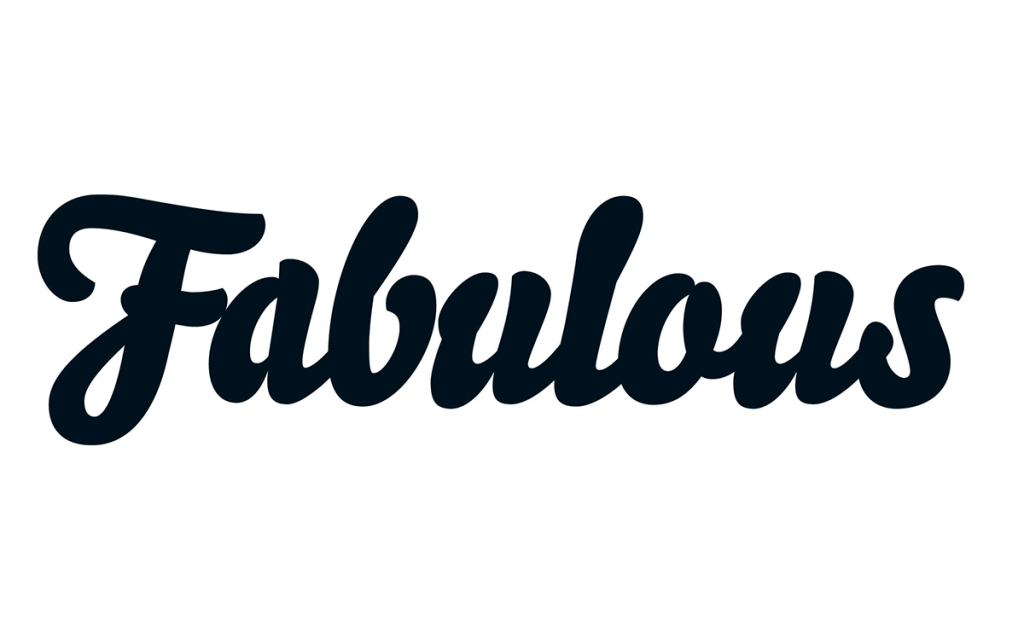


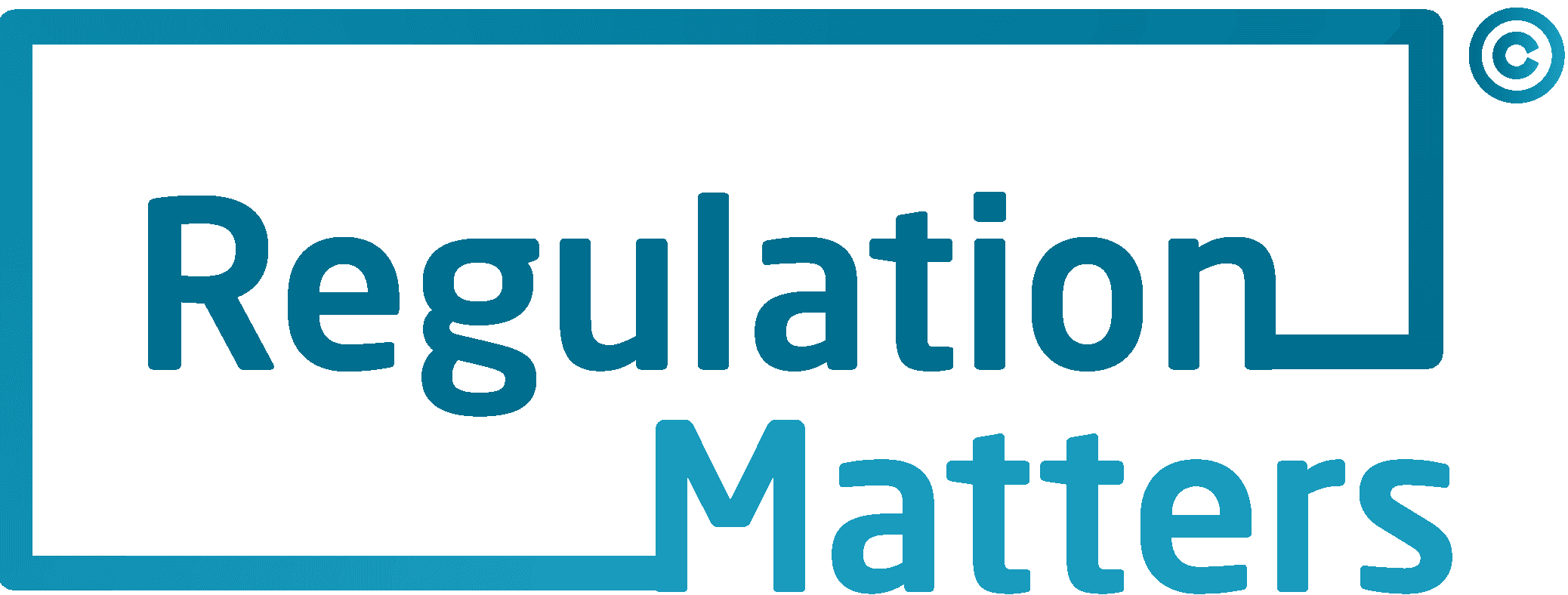

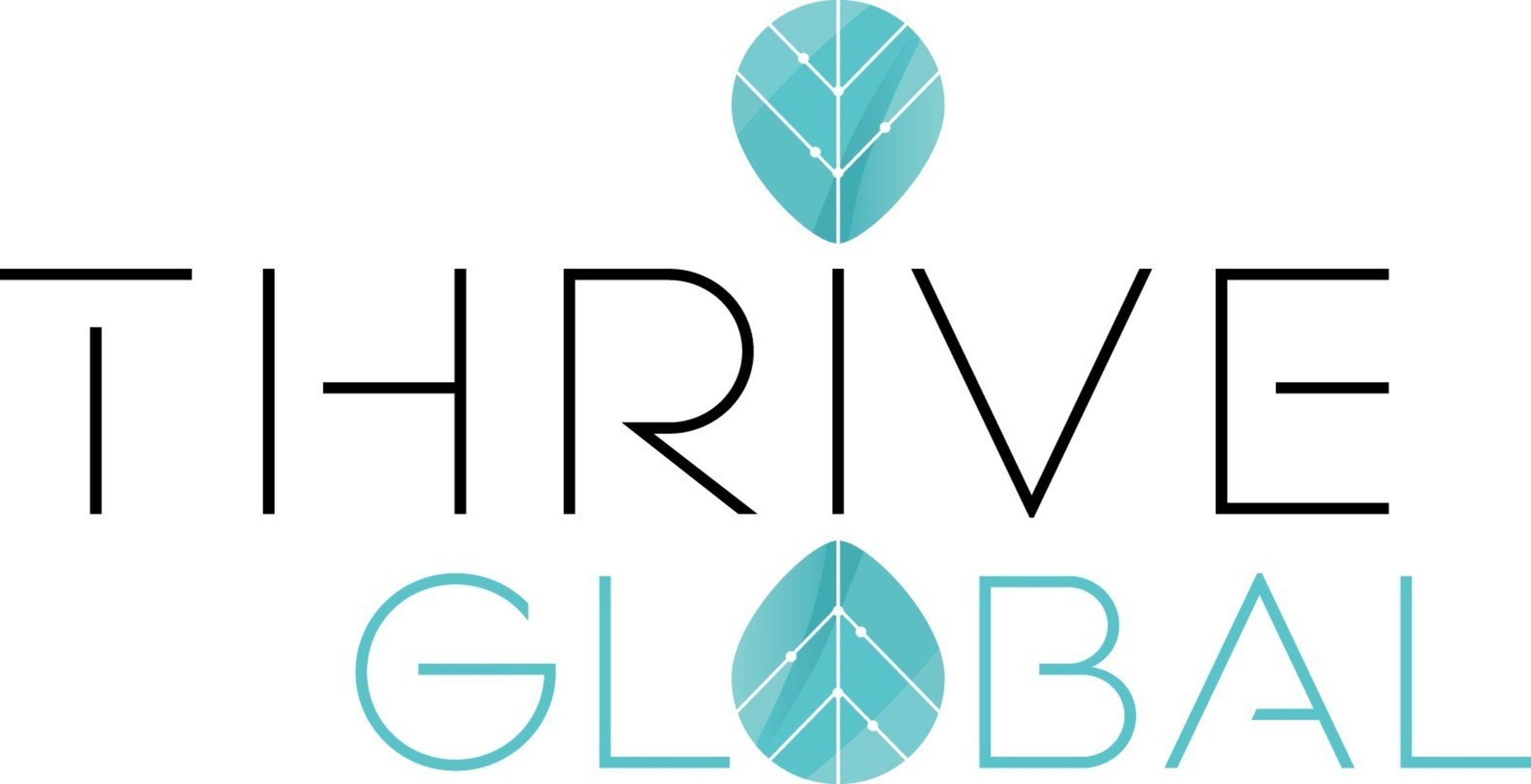







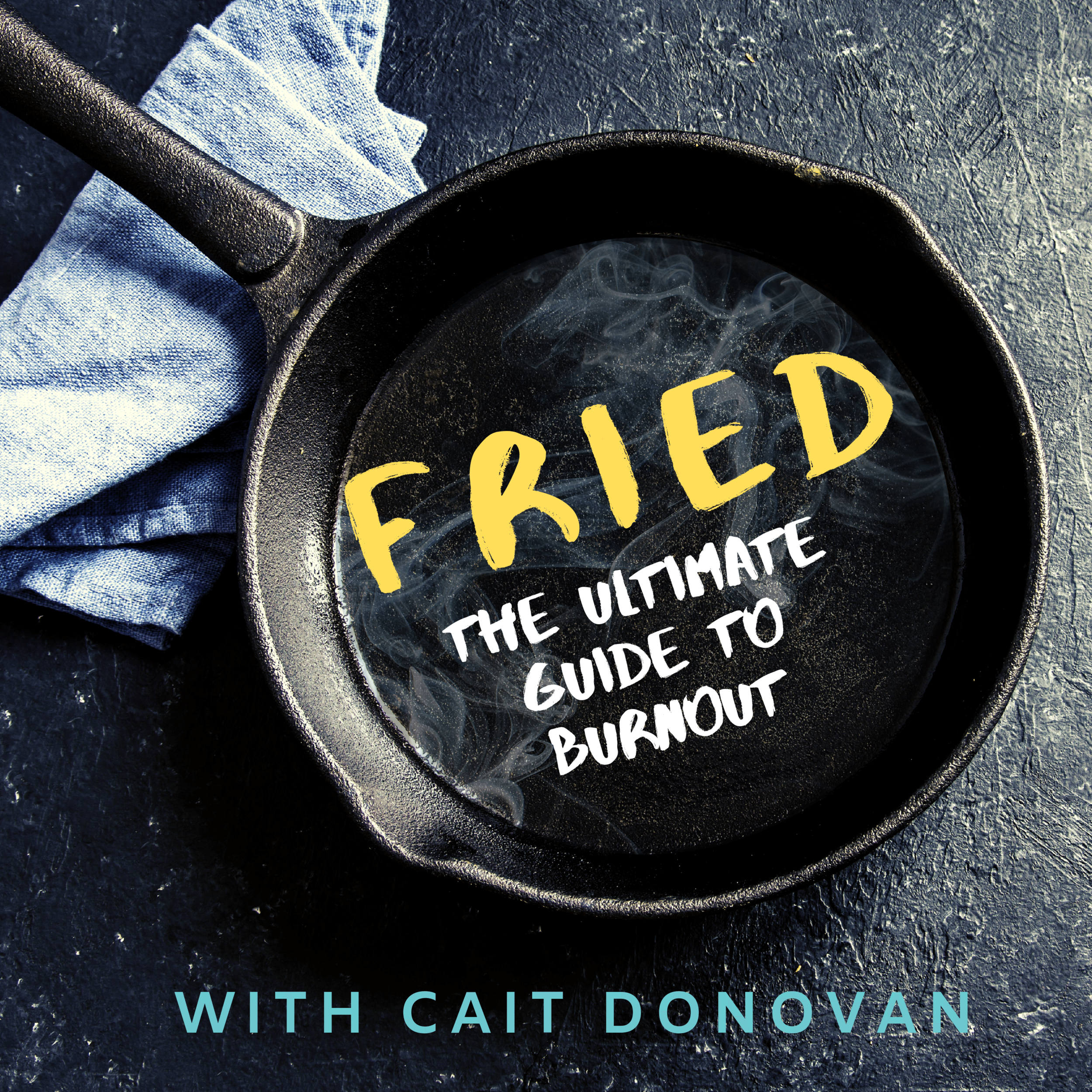

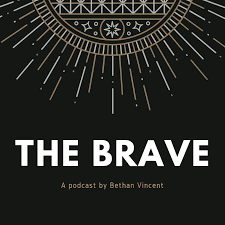
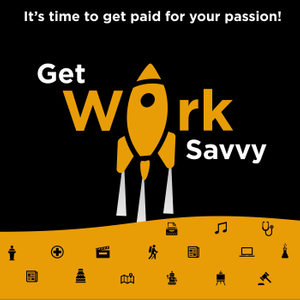










Searching for Serenity has undergone some huge shifts in 2021.
From expanding my corporate work and delivering more than 25 corporate sessions to over 850 delegates this year, to delivering more 1:1 hours than I did in the first 3 years of my business combined, it has been a steep learning curve this year.
There have been so many changes, many of which will affect how I run the business moving forward, that I thought it was worth laying them out here. Partly for transparency, partly for morbid curiosity, partly to explain the rationale behind my costs revisions and adaptations to working for 2022.
A big part of it though? I have been running so fast and so far that it’s just really lovely to see those changes all in one place!
This year has really seen me go down the rabbit hole of professionalisation, taking big steps up and forward in my work, development and business. It has meant so many changes that my life is, in many ways, quite unrecognisable from even a year ago.
So, what has changed? Let’s break it down.
Click here to keep reading